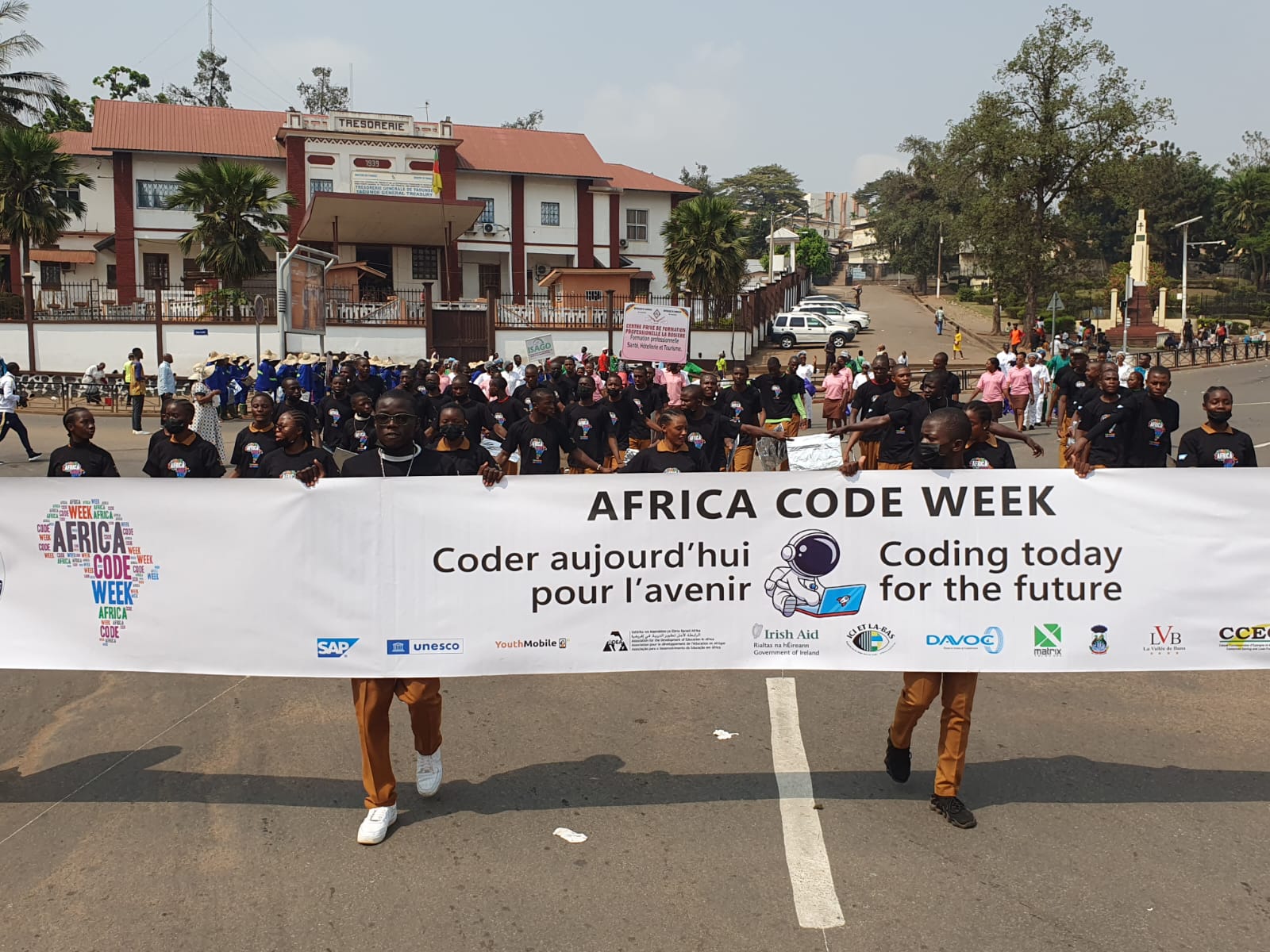World Teacher's Day, celebrated on 5 October provides an excellent opportunity to honor the remarkable contributions of teachers worldwide. From instilling a love for learning to imparting valuable life lessons, teachers leave an unforgettable mark on their students' lives. Their dedication and passion inspire us all to strive for excellence, making them true champions of education. Under the theme "The teachers we need for the education we want: The imperative to reverse the teacher shortage," 2023’s celebrations emphasise the critical importance of halting the decline in teacher numbers and prioritising efforts to strengthen their presence internationally.
What are the potential consequences of a reduced number of teachers?
While this concern is relevant on a global scale, it’s particularly relevant to the African continent. Data from the UNESCO Institute for Statistics indicates that the most significant deficits in teaching personnel are concentrated in sub-Saharan Africa, posing a significant risk to the continent's development. The region requires approximately 17 million teachers in total to realise the goal of universal primary and secondary education by 2030.
This basic education predicament also affects young people’s acquisition of future skills—a formidable barrier to their employment prospects and potential. According to a report from the International Finance Corporation (IFC), approximately 230 million jobs in sub-Saharan Africa will demand digital skills by 2030. While these figures may seem daunting, they also fuel our desire to continue to innovate and drive greater change, while reflecting on the profound impact of SAP's philanthropic efforts.
How do we reverse the teacher shortage?
In 2022 alone, our SAP Africa Code Week programme actively engaged over +2.6 million participants, equipping them with indispensable 21st century skills. Through an impressive tally of 37,121 workshops spanning the continent, it's encouraging to note that over 48% of participants were female, furthering our commitment to gender equality. We also extended this transformative opportunity to 9,900 young individuals with special needs, nurturing their growth and potential.
While this programme has made remarkable strides, challenges persist. Without teachers who can impart 21st century learning skills to students, the continent risks creating a digital divide that could stifle economic growth and limit opportunities for its young population. SAP Africa Code Week's Women Empowerment Programme (WEP) is making a significant impact in this regard. This Continuing Professional Development (CPD) programme equips African female teachers and educators in Computer Science and STEM with the skills and knowledge they need to successfully teach, inspire, mentor, and prepare girls for tomorrow’s tech workplace. The WEP thereby supports ACW’s ambitious plans to transform the continent’s education system by including digital literacy in national curricula—in line with the work of United Nations SDGs 4, 5 and 17.
In addition to this, Africa Code Week's Train-the-Trainer sessions are an integral component of the programme's mission to equip educators with the knowledge and skills needed to teach coding and digital literacy to students across the continent. These sessions serve as a capacity-building initiative designed to create a network of skilled trainers who can, in turn, train teachers and students in their local communities. By providing educators with specialised training in coding and digital literacy, they can enhance their teaching capacity. The workshops also equip educators to deliver high-quality instruction in technology-related subjects, which are increasingly important in the 21st century classroom. In addition to this, educators are empowered to go beyond traditional teaching methods. They learn how to incorporate innovative and technology-driven pedagogical approaches into their
classrooms. This not only improves the learning experience for students but also makes teaching more engaging.
Looking ahead
As we reflect on the significance of World Teachers' Day, it is important to remember that teachers are the torchbearers of knowledge, hope, and progress. As we champion equal access to education, we recognise that future skills play a pivotal role in shaping the trajectory of tomorrow's workforce. By addressing the teacher shortage, upskilling educators in advanced 21st century learning, and promoting digital literacy, we can uplift Africa's youth to shape a brighter future.



